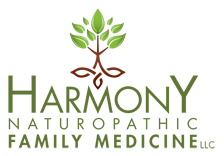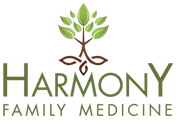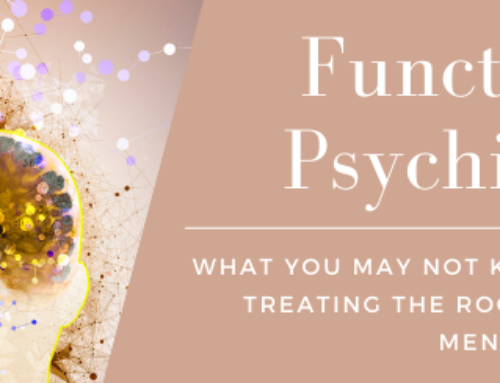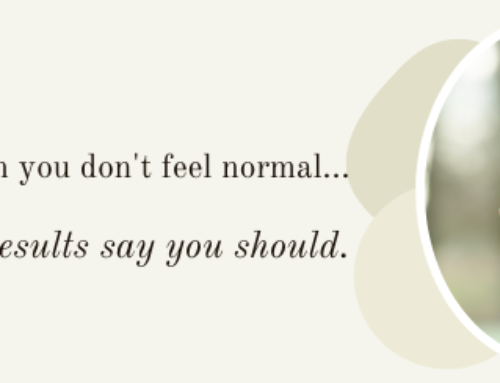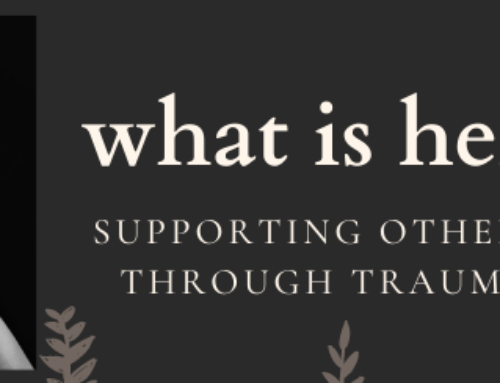Concussions can be common, yet serious conditions, especially in a state with popular activities such as skiing, biking, and other outdoor sports (in addition to effects of motor vehicle accidents and falls).
But what we once knew about these traumatic brain injuries and how to treat them is changing, and it’s important to know what to do if you or a family member suffers from one.
What is a concussion?
A concussion is a brain injury resulting from severe shaking or a hit to the head that affects the brain and its function. It is more severe than whiplash and although a CT scan is helpful for ruling out internal structural damage (such as an internal bleed or a fracture), a concussion does not show up on a radiology test.
Generally, concussions are not necessarily difficult to recover from as long as proper healing is allowed to take place before returning to normal work or exercise.
However, what was once taught and adhered to for treatment by most doctors (and may still be for many), is changing.
What has changed about how to treat a concussion?
Previously, the number one guideline was to rest in a dark, quiet room with little movement; but research is showing that prolonged rest may not be ideal and can actually cause a longer duration of symptoms.
It is now becoming apparent that the brain suffers from an energy crisis with a concussion so it’s important that it receives fresh oxygen and blood flow for cells to create energy and heal the brain – which can be done through limited rest (typically 24-48 hours) followed by gentle movement (like walking) that stimulates heart rate and blood flow.
Why is treatment for a concussion so important?
Although you may have been told you can recover on your own with rest, getting specific treatment from a doctor who is specially trained in concussion management is key.
The goal during healing is to not end up with post-concussion syndrome in which concussion symptoms last for more than a week. These symptoms can include:
– headaches
– dizziness
– fatigue
– disrupted sleep
– GI distress, leaky gut
– foggy brain
– an overall sense of not feeling right
In addition, many patients have a root cause of concussion that can go on to affect different aspects of their health later on when not healed properly such as digestive issues (leaky gut) and hormone imbalance. If you suffer from these issues months after a concussion, please call me at (720) 340-0193.
What should you do if you think you may have a concussion?
The first thing to do is visit an emergency room or physician for diagnosis and ensure that a CT scan is normal (lacking internal structural damage).
Next, it’s vital to see someone who is trained and specialized in concussions, such as myself. I recently went through training with CCMI (Complete Concussion Management Inc.) where I studied concussion effects and treatments.
If you have been diagnosed with a concussion, it’s vital to be seen in my office within the first 24-48 hours. The earlier treatment starts, the better the outcome can be.
In an initial appointment, I asses symptoms through a comprehensive physical exam, looking for any deficits and marks such as:
– unusual eye movements
– trouble balancing
– visual and vestibular system imbalances
– cervical spine issues
From here, I can analyze whether naturopathic treatment that I provide is a good choice or if a referral to a specialist in the community that understands the connection between concussions and certain systems in the body may be best.
Treatment in my office includes:
A Diet Plan: a dietary plan should be part of any baseline concussion treatment, and can include plenty of fruits and vegetables, plant proteins, fish, and whole grains.
A Supplement Regimen: such daily supplements as a probiotic (for proper digestion), magnesium (for cell recovery), and curcumin and Omega 3 fatty acids (for inflammation) work to restore brain health.
Going back too early to a regular routine can be risky and potentially, life threatening. Seeking proper medical and naturopathic treatment is imperative when treating and recovering from a concussion – and I can help.
If you live in the Boulder or Denver metro area and are suffering from a concussion, please call me at at (720) 340-0193 or send me a message here to schedule an appointment as soon as possible.
Let’s get you on the road to healing so you can get back to life.
